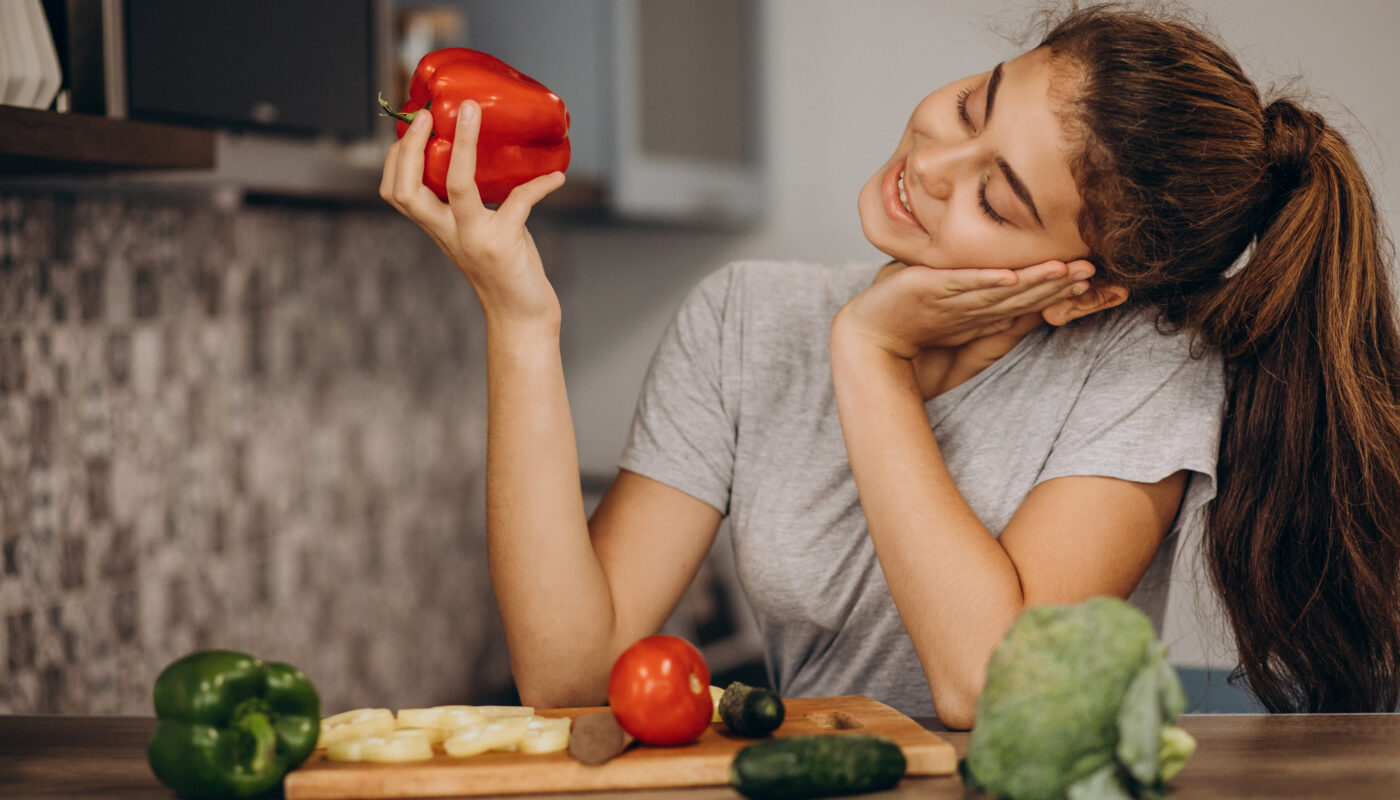Muscle cramps, those sudden, painful contractions in our muscles, can disrupt daily life, workout routines, and even restful sleep. While they can happen to anyone, certain factors such as dehydration, electrolyte imbalances, and nutritional deficiencies can increase the risk. For anyone looking to reduce the frequency and intensity of muscle cramps, a diet rich in specific nutrients can be highly beneficial. This guide explores the essential foods and nutrients that nutritionists recommend to help prevent muscle cramps and support overall muscle health.
Understanding Muscle Cramps and Nutrition’s Role
Muscle cramps can occur due to several reasons, including dehydration, electrolyte imbalances, overuse of muscles, and inadequate blood supply. The importance of certain vitamins and minerals—especially electrolytes like potassium, magnesium, and calcium—cannot be overstated when it comes to cramp prevention. These nutrients help ensure that muscles contract and relax smoothly, reducing the likelihood of painful spasms.
So, what foods can effectively supply these nutrients? Let’s dive into some cramp-preventing foods and understand why they’re recommended by nutrition experts.
1. Bananas: The Potassium Powerhouse
Potassium plays a vital role in maintaining muscle function, and bananas are well-known for their high potassium content. Potassium deficiency can lead to an imbalance in electrolytes, which can cause cramps. A banana a day can help maintain proper potassium levels, ensuring that muscles receive the nutrients they need to stay cramp-free.
Other potassium-rich foods: Sweet potatoes, oranges, avocados, and spinach.
2. Spinach and Leafy Greens: Magnesium and Calcium Sources
Dark leafy greens, especially spinach, are rich in magnesium, a mineral known for muscle relaxation. Magnesium acts as a natural muscle relaxant by blocking calcium uptake in muscle cells, helping muscles to relax after contraction. Additionally, magnesium also supports nerve function, which plays a role in muscle contraction and cramp prevention.
Other leafy green options: Swiss chard, kale, and collard greens.
3. Yogurt and Dairy Products: For Calcium and Protein
Calcium is essential for strong bones and is a critical electrolyte involved in muscle contractions. Low calcium levels can trigger muscle cramps and spasms. Dairy products like yogurt, milk, and cheese are rich in calcium, providing a steady source to support muscle function and prevent cramps. Yogurt is also high in protein, which helps in muscle repair and recovery.
Calcium alternatives for lactose-intolerant individuals: Almonds, fortified plant-based milks, and leafy greens.
4. Avocado: Rich in Potassium and Healthy Fats
Avocado is packed with potassium and magnesium, both crucial for preventing cramps. This fruit is also a source of healthy monounsaturated fats, which reduce inflammation in muscles and joints, supporting recovery. Adding avocado to meals not only improves muscle health but also provides a creamy and satisfying element to your diet.
5. Sweet Potatoes: High in Potassium and Magnesium
Sweet potatoes are loaded with potassium and magnesium, making them an excellent addition to a cramp-preventive diet. They also provide complex carbohydrates, giving the body sustained energy, especially helpful if you’re active and prone to muscle cramps during or after workouts. Sweet potatoes are also rich in antioxidants, which can reduce inflammation and support muscle recovery.
Serving suggestions: Enjoy them baked, mashed, or roasted with a dash of cinnamon or nutmeg.
6. Nuts and Seeds: Magnesium-Rich with Healthy Fats
Almonds, pumpkin seeds, sunflower seeds, and chia seeds are excellent sources of magnesium, healthy fats, and even a bit of calcium. Magnesium helps reduce muscle contractions, while healthy fats in these foods help combat inflammation, which can sometimes accompany cramps. A small handful of these nutrient-dense snacks can serve as a cramp-fighting powerhouse.
Additional tip: Choose unsalted varieties to avoid excess sodium, which can impact electrolyte balance.
7. Watermelon and Other Water-Rich Foods
Hydration is a key factor in preventing cramps, and fruits like watermelon, cucumber, and oranges are naturally high in water content. Staying hydrated is essential for maintaining muscle function and preventing dehydration-related cramps. Watermelon also contains potassium and magnesium, making it an all-around great food for muscle health.
Other hydrating options: Cucumbers, bell peppers, strawberries, and tomatoes.
8. Fish High in Omega-3 Fatty Acids
Fatty fish like salmon, mackerel, and sardines contain omega-3 fatty acids, which are essential for reducing inflammation in the body. This can be especially helpful in managing cramps related to chronic muscle tightness or soreness. Omega-3s are also known to improve blood flow, which can be beneficial in delivering nutrients to muscles.
Non-fish alternatives for omega-3: Flaxseeds, chia seeds, and walnuts.
9. Beans and Lentils: High in Magnesium and Potassium
Beans and lentils are packed with magnesium and potassium, making them excellent choices for muscle health. They are also a great source of plant-based protein, supporting muscle recovery and repair. Including a variety of beans and lentils in your diet ensures that your muscles receive the essential nutrients to reduce cramp risks.
Best varieties: Black beans, chickpeas, and lentils.
10. Oranges and Other Citrus Fruits: Vitamin C and Potassium
Oranges are not only refreshing but also loaded with potassium and vitamin C. An antioxidant called vitamin C helps heal cells, including muscle tissue. It also boosts immune health, which can indirectly support muscle function. Citrus fruits can be enjoyed on their own or as part of a smoothie for an easy, cramp-preventing snack.
Other citrus options: Grapefruits, lemons, and limes.
Essential Tips for Preventing Muscle Cramps Through Diet
While eating these foods can help reduce the frequency and intensity of muscle cramps, it’s also important to focus on overall dietary habits:
- Stay Hydrated: Drinking enough water is crucial for muscle function. Hydrate consistently throughout the day, especially if you’re active.
- Balance Electrolytes: If you exercise heavily or sweat a lot, consider electrolyte-replenishing drinks. Be mindful of sugary or high-sodium sports drinks; look for healthier options or make your own electrolyte drinks.
- Eat a Balanced Diet: While certain foods are especially good for preventing cramps, a well-rounded diet that includes fruits, vegetables, whole grains, lean proteins, and healthy fats will provide the full spectrum of nutrients needed for optimal muscle function.
- Avoid Excessive Salt and Sugar: While sodium is necessary in small amounts, too much can disrupt electrolyte balance, increasing the risk of cramps. Similarly, high sugar intake can lead to blood sugar crashes, which can affect muscle function.
- Consider a Magnesium Supplement (if advised): If you have recurring cramps despite a balanced diet, you may want to talk to a healthcare provider about magnesium supplements. These can be especially helpful for people with magnesium deficiencies.
- Stretch Regularly: While not a food tip, regular stretching complements your diet by keeping muscles flexible and reducing cramp risks.
Final Thoughts
Muscle cramps can be uncomfortable and disruptive, but they are often preventable through diet and lifestyle. By incorporating foods rich in potassium, magnesium, calcium, and other key nutrients, you’re not only reducing the likelihood of cramps but also supporting overall muscle health. Staying hydrated, balancing electrolytes, and avoiding excessive salt and sugar are all essential habits to adopt.
With a diet that emphasizes nutrient-dense foods, you’re not only setting yourself up for fewer cramps but also a healthier, more balanced lifestyle. So, the next time you feel a twinge or worry about post-workout cramps, reach for a banana, a handful of nuts, or a glass of water to keep cramps at bay.



